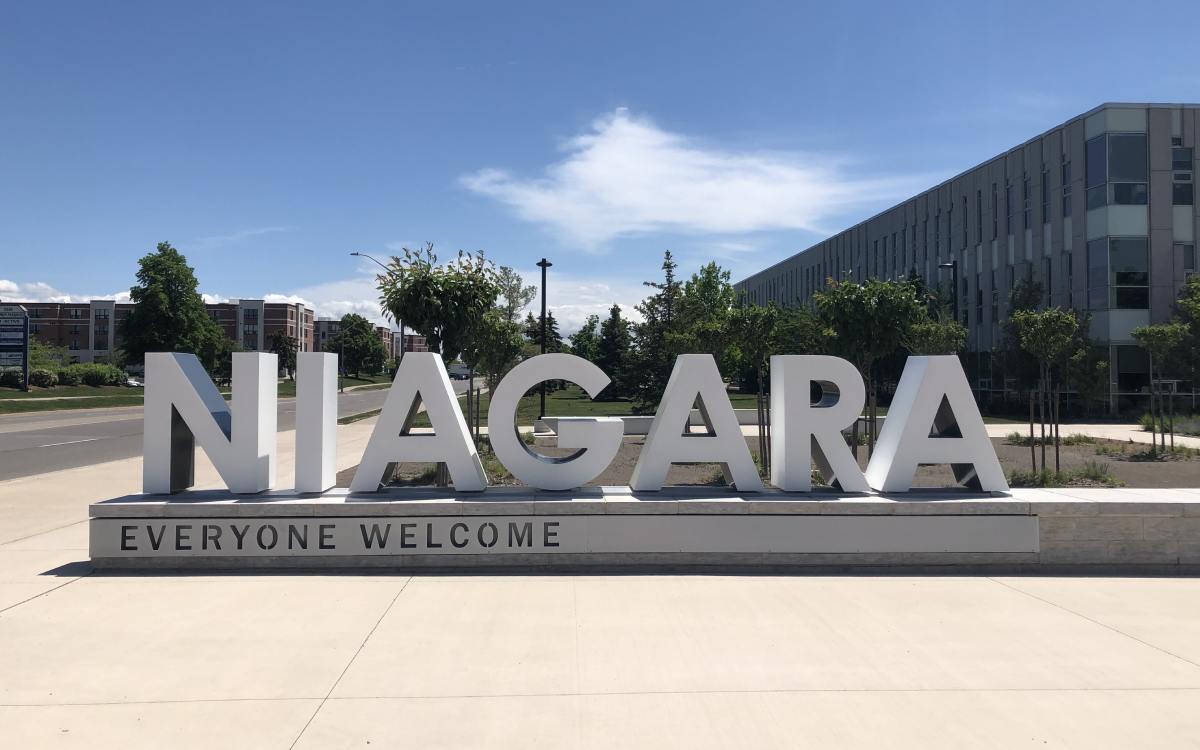
Climate change, equity among priorities set to guide Niagara Region into 2026. Photo credit: The Niagara Independent
At its special council meeting last Thursday, July 20, Niagara Regional Council unanimously approved four new strategic priorities that will help guide the municipality’s decision-making over the next four years.
As outlined in “Growing Better Together: Council Strategic Priorities 2023-2026”, councillors will focus on creating and promoting a regional government that is Effective, Green and Resilient, Equitable, and Prosperous.
“The work to develop this document started just days after inauguration, and I am pleased to see members of council support such a progressive, ambitious and measurable set of strategic priorities,” Chair Jim Bradley said in a statement.
“This document will serve as our road map for the next several years as council serves the residents of Niagara.”
According to a presentation given to councillors last week, the first key priority area, “Effective Region”, focuses on the municipality remaining “an employer of choice by transforming service delivery in a way that is innovative, collaborative and fiscally responsible.”
The second priority area, “Green and Resilient Region”, centres around “reducing our collective carbon footprint and preparing to adapt to climate change impacts by ensuring current and future infrastructure is resilient”.
“Green” actions include developing and implementing a Corporate Climate Change Plan, Green Fleet Plan and Policy, Climate Adaptation Plan, and Greening Strategy, among other plans and policies.
The third key priority area, “Equitable Region”, concerns providing “opportunities for a safe and inclusive Niagara by listening and responding to our current community needs and planning for future growth”.
Objectives of the priority area include ensuring the Region is inclusive and “free of discrimination”, improving access to “affordable and attainable housing”, as well as supporting growth and development “post Bill 23”.
“Equitable” actions include but are not limited to the implementation of a Diversity, Equity and Inclusion Action Plan, Indigenous Relations Action Plan, Health Equity Strategic Plan, Attainable Housing Strategy, and Consolidated Housing Master Plan.
The fourth and final priority area, “Prosperous Region”, focuses on advocating “with senior governments for future growth and enhancing Niagara’s transportation network to help support a diverse economy by creating a Region where new and existing businesses can thrive and grow locally, nationally and internationally.”
Actions include implementing strategies related to government relations and economic development, expanding GO Transit, and helping with the “support and growth” of Niagara Region Transit service.
“The goal of this strategic plan is to focus on long-term planning and innovation by establishing Council direction,” Region CAO Ron Tripp said.
“The strategies and goals identified in the plan will help coordinate staff projects over the next three and a half years and be integrated into the annual budgeting process to ensure approved initiatives and projects help Council achieve their vision.”
As Tripp indicated, the now-approved priorities will be integrated into the Region’s budget process, business plans, and staff performance goals moving forward.
Staff will reportedly “work with departments to further enhance performance measures to ensure the desired progress on the key activities are met.”




















